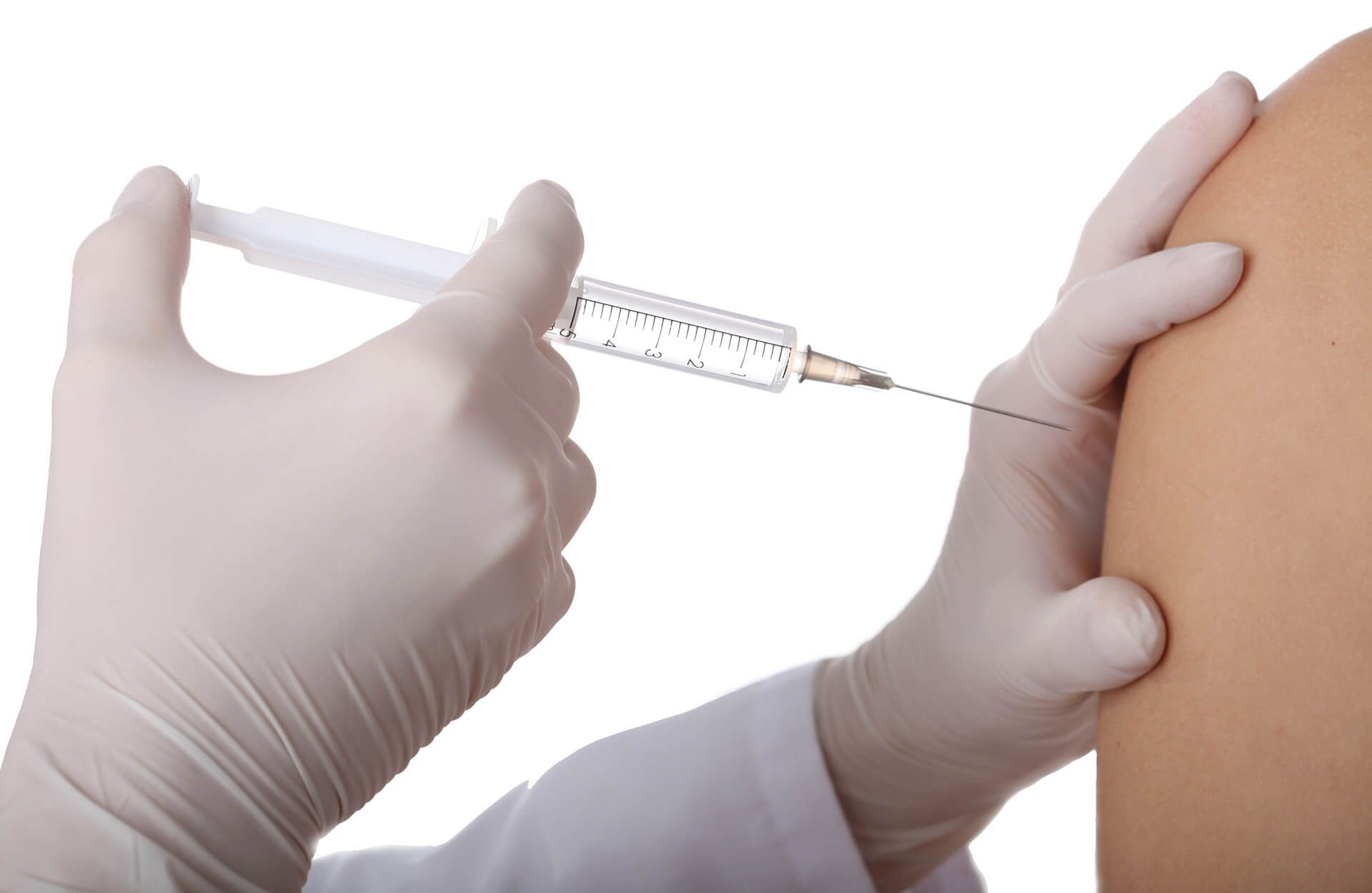Today (13th Oct)
is World Thrombosis Day. We are raising awareness of blood clotting disorders - please find this informative article written by Dr Swe Htet.
Patients - you can refer to educational material written by Thrombosis & Haemostasis society of Australia and New Zealand (THANZ) -
Preventing another clot (download PDF here)
More information regarding thrombosis from THANZ https://www.thanz.org.au/educationandtraining/education-training
Clinicians/GPs
- you can refer to the
Thrombosis Quick Guide developed by our haematologists to help you manage patients with thrombosis (download PDF here)
----------------------------
1 in 4 people are dying from conditions caused by thrombosis.
Blood clotting is a biological plumber fixing a leaking blood vessel. Blood clot will save your life from bleeding if you have a cut in your finger. However, if a blood clot forms unnecessarily in blood vessels called thrombosis, it can lead to significant medical issues.
Thrombosis can develop either in the arteries or veins. If there is a clot in an artery supplying the brain, that part of the brain will die leading to stroke. The same principle applies for heart attack when there is a blood clot in the coronary arteries supplying blood to the heart. Whilst many people are aware of the signs and symptoms of a heart attack or stroke, the symptoms of blood clot in the veins can be more difficult to recognized, leading to delayed presentation and treatment.
Blood clot forming in the deep veins of the legs is called deep vein thrombosis (DVT). Whilst DVT in the lower limbs is not usually life-threatening, if a large clot breaks off and travels to the lung(s), it can cause blockage of blood flow into the lung(s) causing pulmonary embolism (PE) that can be extremely dangerous to patients. Symptoms of DVT in the legs can be pain, swelling or redness in the calf. Patients can present with palpitation, chest pain, and shortness of breath if there is PE.
There are three main risk factors for thrombosis in the veins - immobility, sticky blood, and changes in the lining of the veins. These risks could be acquired, such as immobility during long distance travel (flights) and patients lying in bed following surgery, or specific conditions e.g. cancer that could cause blood to be “more sticky”. However, some of the risks could also be familial (passed down from families). Please speak to your doctor regarding these risks if you are concerned. These are quite different to the risk factors of arterial thrombosis; which are mainly smoking, high cholesterol, diabetes, and hypertension.
Venous thrombosis can be treated with blood thinning agents. Different blood thinning agents used for venous thrombosis include Warfarin, Clexane, and more recently - Rivaroxaban and Apixaban. Main complication of blood thinning agent is bleeding. The choice and duration of blood thinning agent varies among different individuals. Please discuss this with your doctor. Blood Specialists at Ballarat Cancer Care and Haematology will be available to have further conversation regarding management of blood clots.
~ Article written by
Dr Swe Htet








